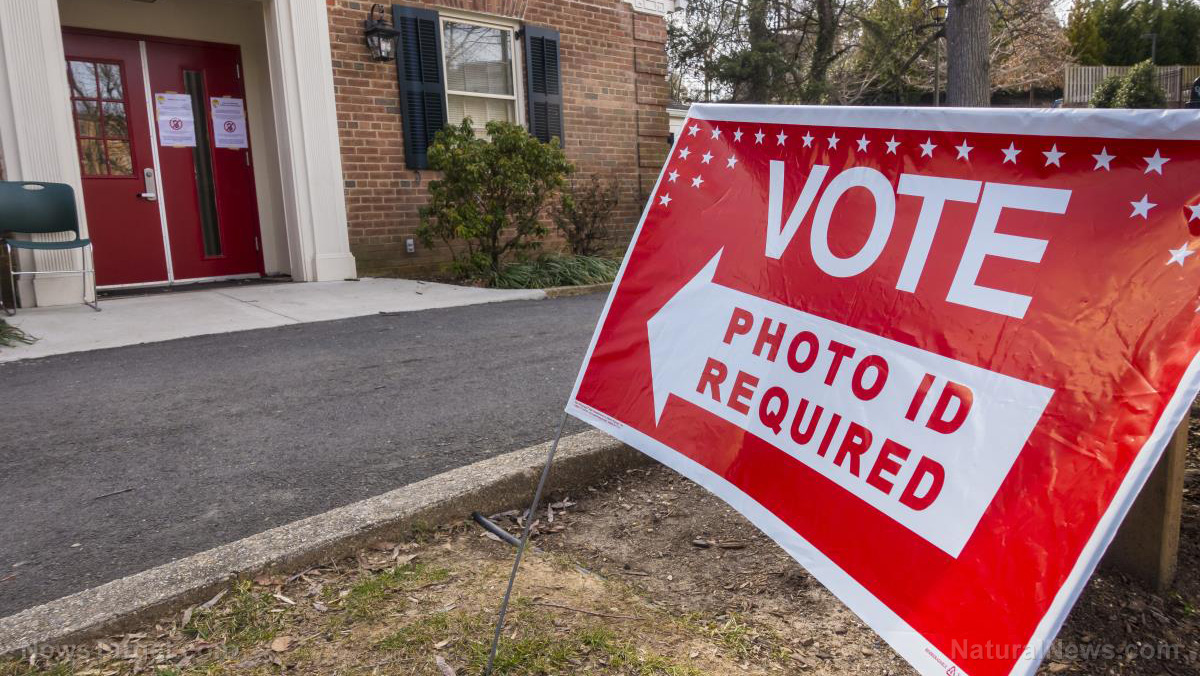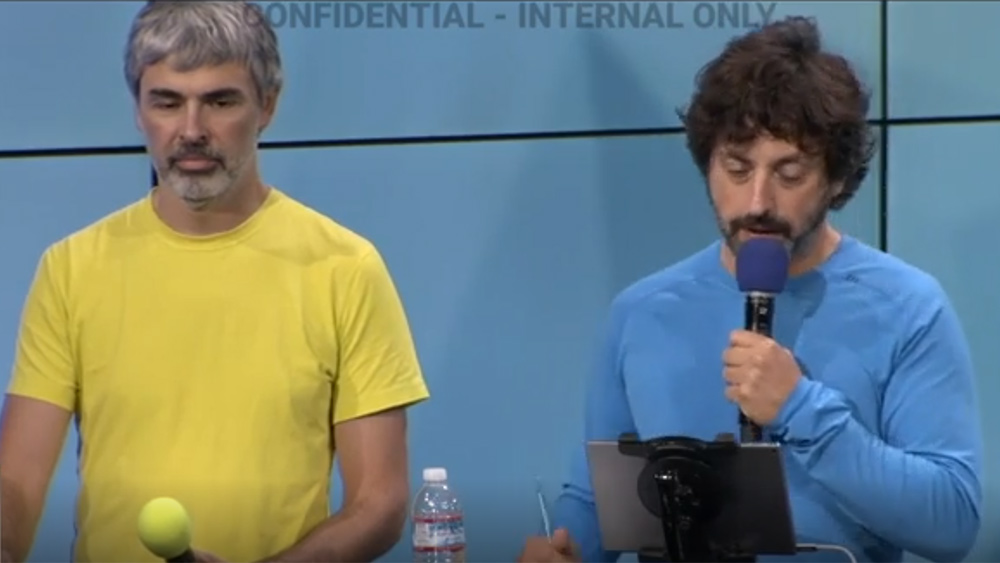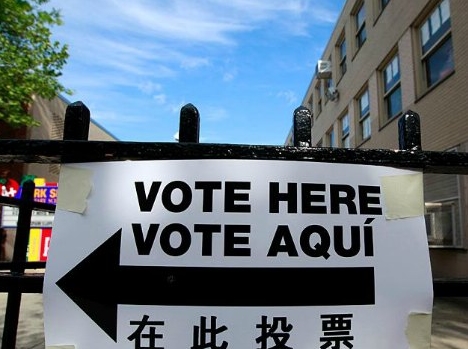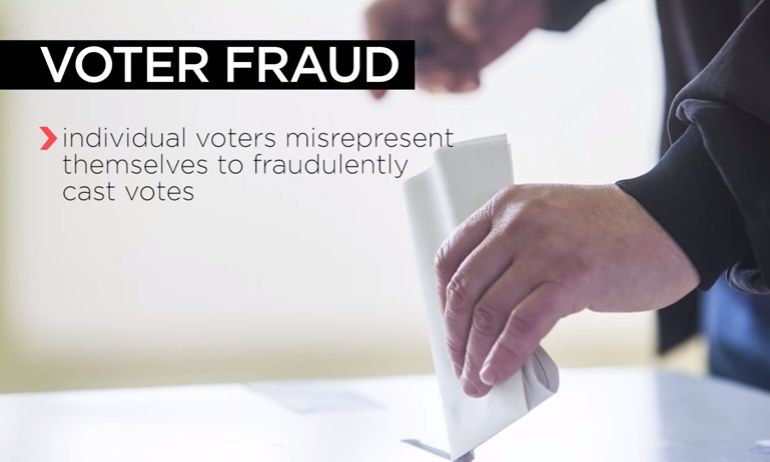Democrats freak out as Supreme Court rules in favor of Ohio “voter purge” law that eliminates dead people from voter rolls
06/13/2018 / By JD Heyes

Democratic presidential nominee, Hillary Clinton, had a conniption fit when, during one of her debates with then-GOP nominee Donald Trump, he said he’d take a wait-and-see approach before conceding on election night.
“I will take a look at it at the time,” Trump said when asked if he would concede to Clinton following claims that the election could be “rigged” against him.
What he was talking about was an issue that is near and dear to the hearts of tens of millions of Americans — voter fraud, and more specifically, fraudulent voting that benefits Democrats.
As president, shortly after taking office, Trump commissioned a panel to look into the issue but the effort stalled after too many states refused to turn over information the panel sought in its quest to determine how many people may be voting illegally across the U.S.
The administration has now turned to the Census Bureau for help. For the first time since 1950, officials will include a question about citizenship for the 2020 census — which Democrats are loudly complaining about because they say it will lead to fewer people turning in data and loss of congressional seats in deep blue states like California (which, not so ironically, is home to perhaps millions of illegal aliens).
And now, the administration has received some help from the Supreme Court in its battle to ensure our elections are as fraud-free as they can be. (Related: Voter fraud may have handed New Hampshire to Hillary Clinton)
In a 5-4 decision on Monday, the high court upheld Ohio’s “voter purge” law that calls for the removal of names from voter registration lists of people who have not voted in four years.
As The Hill reported:
Under the state policy, voters who have not voted in two years are flagged and sent a confirmation notice. Voters who fail to respond to the notice and don’t vote within the next two years are removed from the rolls.
The process is one of two methods state officials use to identify voters who are no longer eligible to vote due to a change of residence.
Democrats and their allies whined that the Ohio statute violated a federal law barring states from removing people from voter registration rolls because they haven’t voted in a while (interesting that Democrats only seem interested in defending federal laws when their party benefits).
Dead people at the polls?
Most justices disagreed, however. Writing for the majority, Justice Samuel Alito, one of the big court’s constitutionalists, said that the Ohio law does not violate the National Voter Registration Act’s failure-to-vote Clause or any other provisions.
“The notice in question here warns recipients that unless they take the simple and easy step of mailing back the preaddressed, postage prepaid card — or take the equally easy step of updating their information online—their names may be removed from the voting rolls if they do not vote during the next four years,” Alito noted.
“It was Congress’s judgment that a reasonable person with an interest in voting is not likely to ignore notice of this sort.”
Democrats’ primary argument was predictable — and a complete fabrication. They, along with the Left-wing American Civil Liberties Union, argued that the state law was racist and hurt low-income people, two groups that already have low turnout in elections.
The majority wasn’t buying it.
The fact is, Democrats have long been suspected of using the names of dead people and those who have moved to other jurisdictions to commit voter fraud. That’s why they’re complaining so loudly; the Ohio law and others like it will dramatically reduce phony voter registrations and, hence, Democratic election results.
And in an era where Democrats have lost more than 1,000 elected seats nationwide, every vote ‘counts’ — even if it’s being made on behalf of someone who doesn’t exist.
This was the right call for SCOTUS to make. Democrats keep crying about how important it is to ensure every vote is counted, but they oppose all efforts by Republicans to ensure that votes which are counted come from real people.
Read more about voter fraud a VoteFraud.news.
J.D. Heyes is a senior writer for NaturalNews.com and NewsTarget.com, as well as editor of The National Sentinel.
Sources include:
Tagged Under: democrats, elections, electoral integrity, ohio, President Donald Trump, President Trump, scotus, Supreme Court, vote fraud, voter fraud, voter purge




















